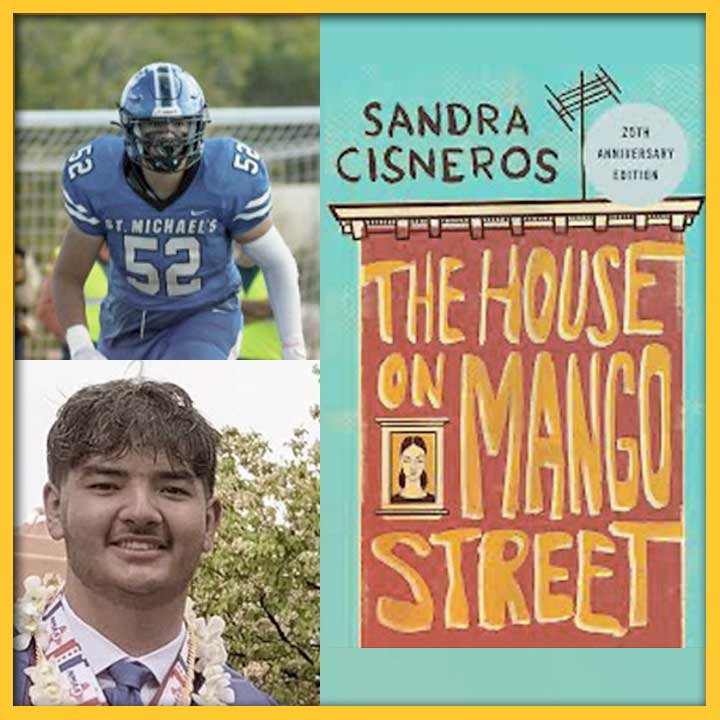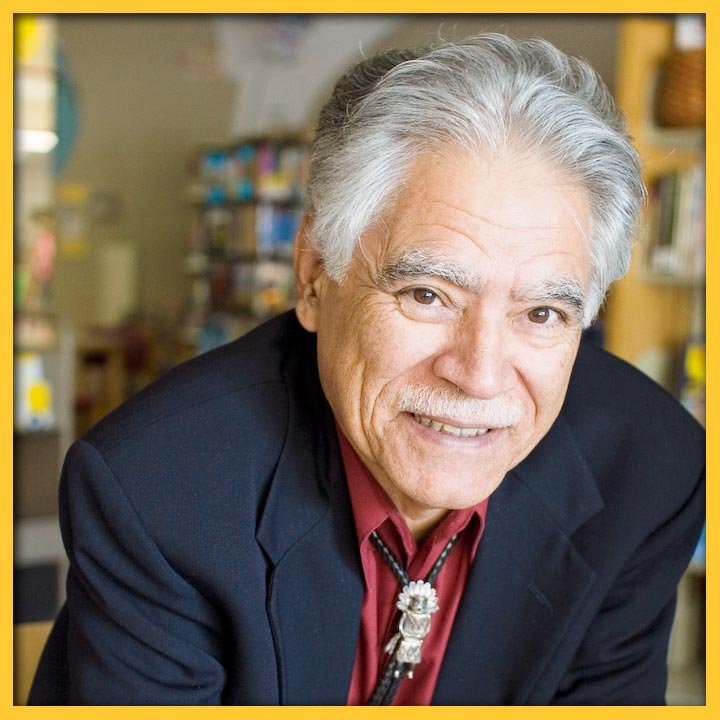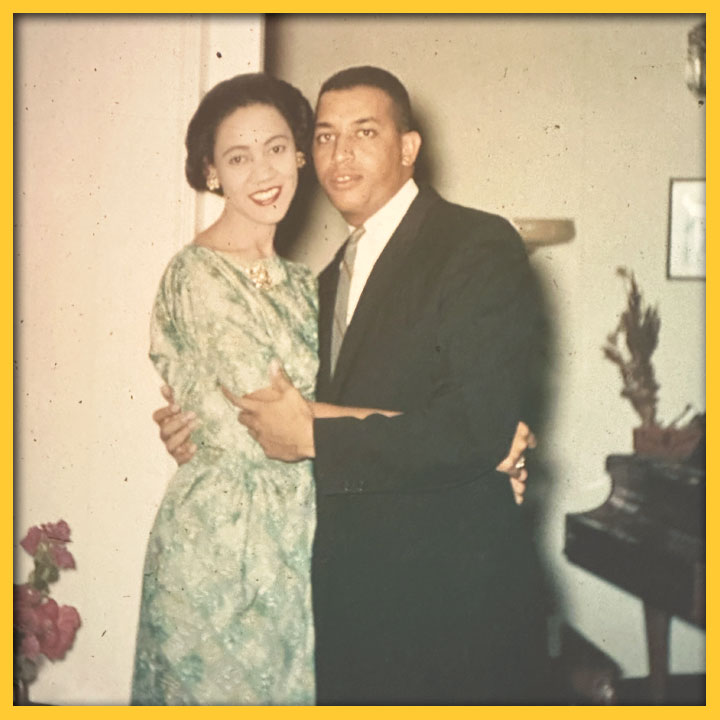
CENSORED VOICES: BANNED BOOK PROJECT
In the realm of intellectual freedom, censorship emerges as a contentious force.
IMAGE: Blog contributor and student at Western New Mexico University. Dillon Pacheco. — Photo not provided by blog contributor and WNMU student Andrea Galindo.
SHARE:
In the realm of intellectual freedom, censorship emerges as a contentious force, stifling vital narratives, limiting awareness, and creating huge knowledge gaps. One of the most conspicuous manifestations is the banning of books. Doing so not only withholds invaluable insights into the harsh realities faced by many individuals, but it also fosters a silence to which society is unaware of how common some challenges and experiences are that shape our collective existence. As we dive deeper into the world of band literature, we are able to unravel that tapestry of conceal truths, and shed light on the imperative, need to resist the suppressive forces of censorship.
Sandra Cisneros is a distinguished Mexican American author, who depicts the uncharted territories of womanhood within a Hispanic household in her literature. She captures a myriad of struggles she herself endured on the pages of her novel The House on Mango Street. In this collection of vignettes, she unpacks the stories of families, unveils poverty, scrutinizes the complex facets of femininity, and confronts the traumas that shadow her sexual assaults. She was able to paint a vivid portrait of a world filled with pain and home, resonating deeply with those who have traversed similar paths.
As we read The House on Mango Street we found ourselves mirrored in one or more of the vignettes — including living in a racially segregated neighborhood with immigrant parents grappling with poverty, to shouldering the weight of unspoken traumas like sexual assault. These were not simply an occurrence for us, but lived experiences that found their reflection in Cisneros’ words. Had we both been exposed to such literature in our grade school days, it may have offered a lifeline, a sanctuary of understanding in the heart of our Chicano households. It is through Cisneros’ courageous storytelling that we begin to comprehend the transformative power that literature is capable of. It illuminates the darkest corners of our shared experiences and challenges and offers a sense of solace. It is a light at the end of the tunnel.
Cisneros’ narrative demonstrates that minority groups, each with their own culturally diverse backgrounds, often find themselves silenced when coming forward with the harsh realities depicted in many different narratives. In this world, one that yearns for connection and understanding, the right to share one story, should not merely be a privilege, but a fundamental human right. Each voice, each narrative, carries the potential to inspire and empower others to find themselves on similar journeys. By embracing the diversity in the words, the challenges, and experiences that make up our collective human tapestry, we forge a path towards a more compassionate and enlightened society — one that thrives on the unimpeded exchange of ideas. It is in this spirit that we must stand firm against the suppressive forces that seek to eliminate these narratives. It is a call to action, inclusivity, and understanding, reminding us that different arenas and values should never dictate what we are allowed and not allowed to read. Therein lies the illumination, a promise of greater empathy and understanding and unity.
PASA POR AQUÍ
ADDITIONAL BLOG ARTICLES

REFLECTIONS ON THE LOSS OF A NEW MEXICO CIVIL RIGHTS LEADER
By Carlyn N. Pinkins, M. A.
“The Dr. Harold Baileys of the world should inspire us all to do what we can to leave our communities, our towns and cities – our great state – better places than we found them. While we do our part to create the Dr. Harold Baileys of the future, we should also strive to make sure that the Dr. Harold Baileys of our past and present are never forgotten.”

RUDOLFO ANAYA: CATCHING CULTURES IN BLESS ME, ULTIMA
By Richard Wayne Etulain
Anaya greatly expands the cultural contributions of his novel by combining the usual (Bildungsroman—growing up theme) with the unusual (complex, diverse New Mexico Hispanic culture)…

UP BY OUR BOOTSTRAPS; TWO LIVES IN RETROSPECT
By Finnie Coleman
I found myself fascinated with Dr. McIver’s transition from the stultifying hopelessness of the Segregation Era to the wistful hopefulness of the Civil Rights Era…
SHARE:
DISCLAIMER:
Any views, findings, conclusions or recommendations expressed in this blog post/article does not necessarily represent those of the New Mexico Humanities Council or the National Endowment for the Humanities.
ABOUT THE AUTHOR:

DILLON PACHECO and ANDREA GALINDO
Dillon Pacheco, a Santa Fe native, is a freshman and dedicated football player at Western New Mexico University. Andrea Galindo is a committed student currently pursuing her education at Western New Mexico University.
